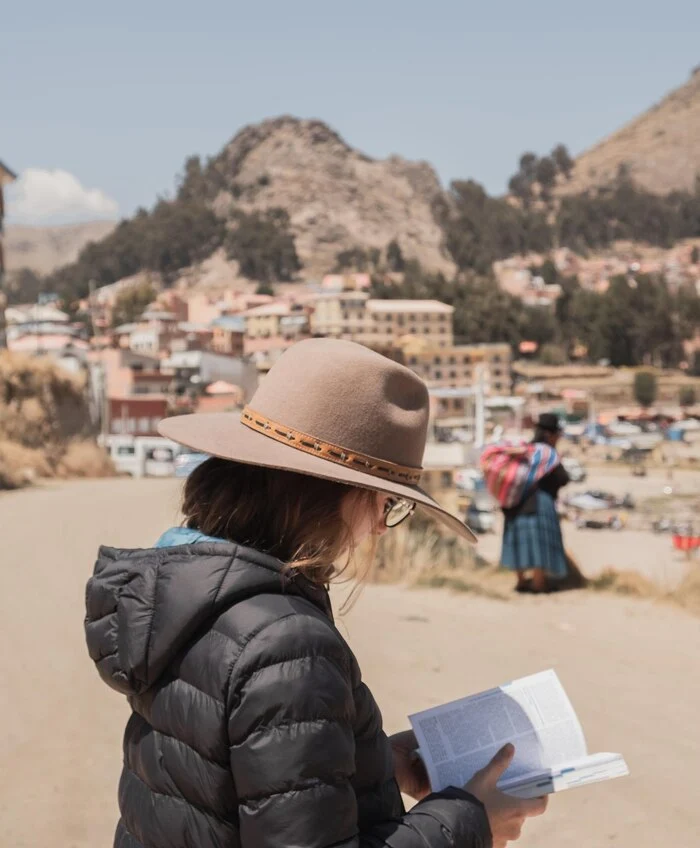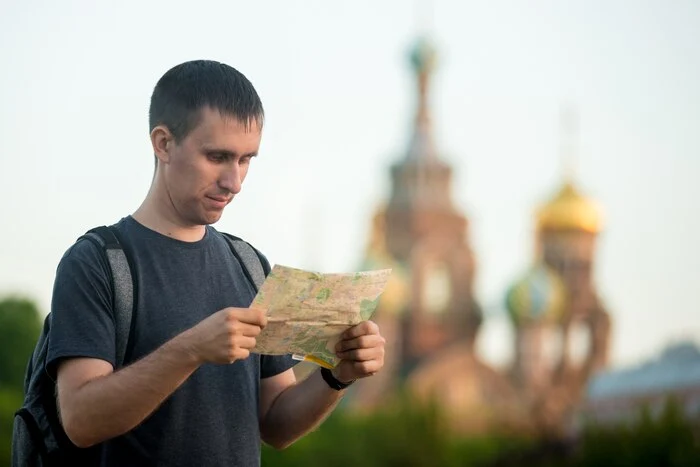Iraq, often called the cradle of civilization, offers travelers a unique blend of ancient history, rich culture, and warm hospitality. Whether you’re an archaeology enthusiast, a spiritual traveler, or simply curious about one of the world’s oldest inhabited regions, an Iraq tourism guide is essential to navigate the diverse experiences the country offers. This guide provides practical insights, safety tips, and must-see destinations to help you make the most of your trip.
What Are the Must-Visit Destinations in an Iraq Tourism Guide?
A well-rounded Iraq tourism guide highlights several iconic locations that showcase Iraq’s historical and cultural richness:
- Babylon: The legendary city of King Nebuchadnezzar, famous for the Ishtar Gate and the Hanging Gardens, one of the Seven Wonders of the Ancient World.
- Baghdad: The capital city where modern life meets historical landmarks like the National Museum of Iraq and Al-Mutanabbi Street.
- Erbil: Known for the ancient Citadel, one of the oldest continuously inhabited settlements globally.
- Najaf and Karbala: Important pilgrimage cities with significant religious sites attracting millions annually.
- Ur: The birthplace of Abraham, featuring the majestic ziggurat.
- Mosul: Home to the ancient city of Nineveh and the impressive Great Mosque of al-Nuri.
These destinations are essential stops on any itinerary recommended by a professional Iraq tourism guide.
How Does an Iraq Tourism Guide Address Safety Concerns?
Safety remains a top priority for travelers considering a visit to Iraq. A trusted Iraq tourism guide offers valuable advice:
- Use Licensed Local Guides: They know the current security landscape and navigate safely.
- Stay in Secure Accommodations: Select hotels with strong safety records.
- Follow Official Travel Advisories: Keep updated on regions to avoid and security tips.
- Travel in Groups or with Agencies: Organized tours reduce risks.
- Respect Local Customs: Understanding cultural norms helps avoid misunderstandings.
By following an expert Iraq tourism guide, travelers can explore the country confidently.
When Is the Best Time to Visit According to an Iraq Tourism Guide?
Iraq’s climate plays a crucial role in planning visits:
- Spring (March to May): Moderate temperatures and blooming landscapes make it the ideal season.
- Autumn (September to November): Pleasant weather and fewer tourists.
- Summer: Typically very hot, often exceeding 40°C (104°F), which can be challenging.
- Winter: Mild but can be rainy in northern regions.
An Iraq tourism guide often recommends spring and autumn for comfortable travel conditions.
What Cultural Experiences Does an Iraq Tourism Guide Recommend?
Beyond monuments, an authentic Iraq tourism guide encourages travelers to immerse themselves in cultural experiences:
- Traditional Iraqi Cuisine: Savor dishes like masgouf (grilled fish), kubba, and samak.
- Markets and Bazaars: Visit bustling souks to buy handicrafts, spices, and textiles.
- Religious Festivals: Participate or observe events like Ashura and Ramadan.
- Music and Arts: Attend performances of traditional music or visit local art galleries.
- Literary Heritage: Explore Al-Mutanabbi Street’s bookstores and cafes for literary ambiance.
These experiences add depth and meaning to the journey.
How Should Travelers Prepare According to an Iraq Tourism Guide?
Preparation is vital for a smooth trip. A comprehensive Iraq tourism guide advises:
- Documentation: Ensure passports, visas, and permits are ready.
- Health Precautions: Vaccinations and travel insurance are important.
- Packing: Include modest clothing and essentials suitable for the climate.
- Currency: Familiarize yourself with the Iraqi dinar and carry sufficient local currency.
- Language: Learning basic Arabic phrases improves communication.
- Connectivity: Arrange for local SIM cards or roaming plans.
Proper planning enhances the overall experience.
What Transportation Options Are Highlighted in an Iraq Tourism Guide?
Getting around Iraq safely and efficiently is essential. The Iraq tourism guide suggests:
- Private Drivers: The safest and most convenient way to travel between cities and sites.
- Domestic Flights: Useful for long-distance travel within the country.
- Taxis and Ride-Sharing: Available mainly in urban areas but should be used cautiously.
- Public Transport: Limited reliability, generally not recommended for tourists.
Utilizing the recommended transportation methods maximizes comfort and safety.
How Can an Iraq Tourism Guide Help With Local Etiquette and Customs?
Understanding local customs is key to respectful travel. An Iraq tourism guide educates travelers on:
- Dress Codes: Modest attire is expected, especially when visiting religious sites.
- Social Interactions: Greetings often involve handshakes or nods; avoid public displays of affection.
- Photography: Always ask permission before photographing people, especially in rural areas.
- Hospitality: Accepting food or tea offered by locals is considered polite.
- Religious Sensitivities: Be aware of prayer times and religious holidays.
Respect for customs leads to positive interactions and meaningful experiences.
Conclusion
A reliable Iraq tourism guide is indispensable for anyone eager to explore this land of ancient wonders and vibrant culture. By highlighting key destinations, addressing safety, cultural nuances, and travel logistics, such a guide ensures a well-informed and enriching journey. Iraq’s story is waiting to be discovered, and with the right guidance, visitors can experience its treasures safely and authentically. For expertly curated itineraries and trusted travel information, visit worldgateiq. This platform connects travelers with professional guides and tailor-made experiences that bring the best of Iraq to life.


